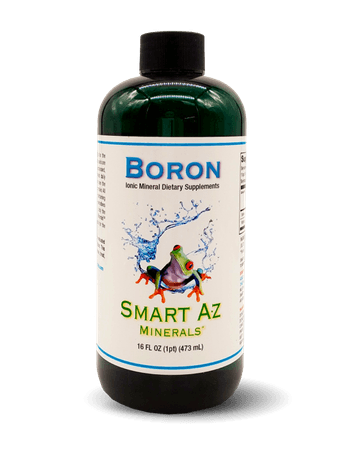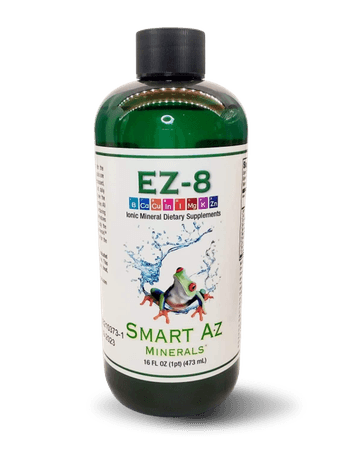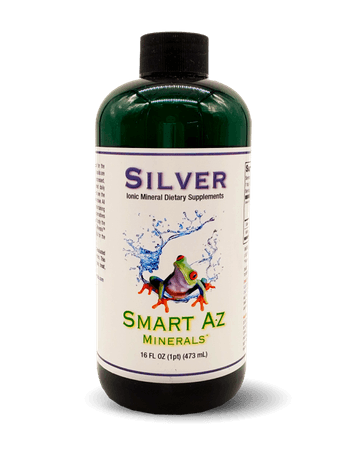
October 12, 2021
Colloidal vs. Ionic Minerals
Minerals are commonly found in two different forms - colloid and ionic. When in colloid form, the minerals are more stabilized, meaning they will distribute more evenly, but they are not readily absorbed in the body. This is due primarily to an absence of an electric charge and their large size (not like other mineral forms). Colloid arrangements cannot pass through membranes on the digestive tract. According to the Food and Drug Administration (FDA), as well as the American Dietetic Association, there is no scientific evidence that supports numerous claims that supplements made from colloids are more balanced than other forms of mineral supplements or that they are easier to digest because of their natural form.
Ionic minerals, on the other hand, like the liquid mineral supplements from mineral water company Smart A-Z, can transport to cell membranes in the digestive tract much easier. Ionic minerals are charged, and the body needs less energy to absorb them. Unlike colloidal minerals, ionic minerals do not need to be broken down into smaller pieces and do not need to obtain an electrical charge to get to the intestinal membrane.
The human body assists in the process of ionic minerals working by continuing to charge the ions as they work their way through the digestive tract, absorbing minerals with much higher efficiency than colloidal minerals.
Minerals are important for human physiology. When the body absorbs ionized minerals, they are much easier to absorb. Different receptor areas in the body have different charge qualities, allowing the attraction of diverse nutrients that pass through the body. Ionic minerals are a much quicker and efficient way to get the minerals your body needs for healthy function.







